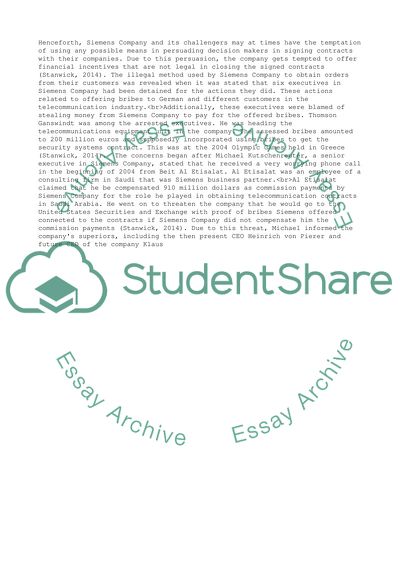Cite this document
(“Case Evaluation Essay Example | Topics and Well Written Essays - 1750 words”, n.d.)
Retrieved from https://studentshare.org/management/1641988-case-evaluation
Retrieved from https://studentshare.org/management/1641988-case-evaluation
(Case Evaluation Essay Example | Topics and Well Written Essays - 1750 Words)
https://studentshare.org/management/1641988-case-evaluation.
https://studentshare.org/management/1641988-case-evaluation.
“Case Evaluation Essay Example | Topics and Well Written Essays - 1750 Words”, n.d. https://studentshare.org/management/1641988-case-evaluation.


